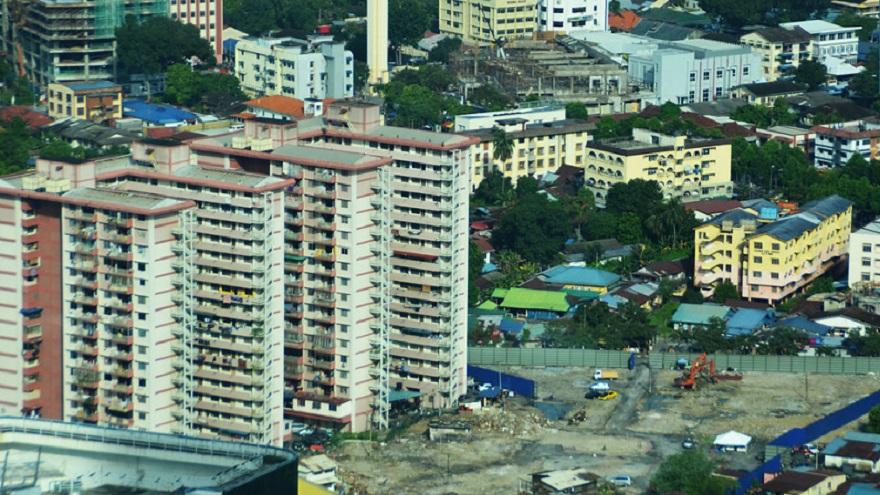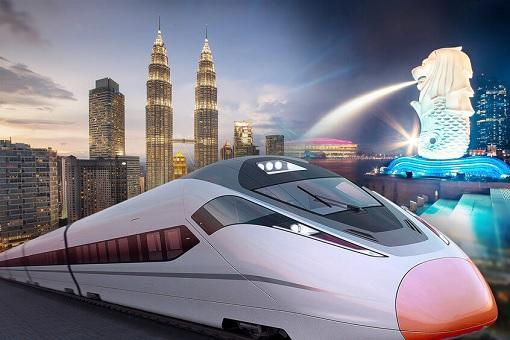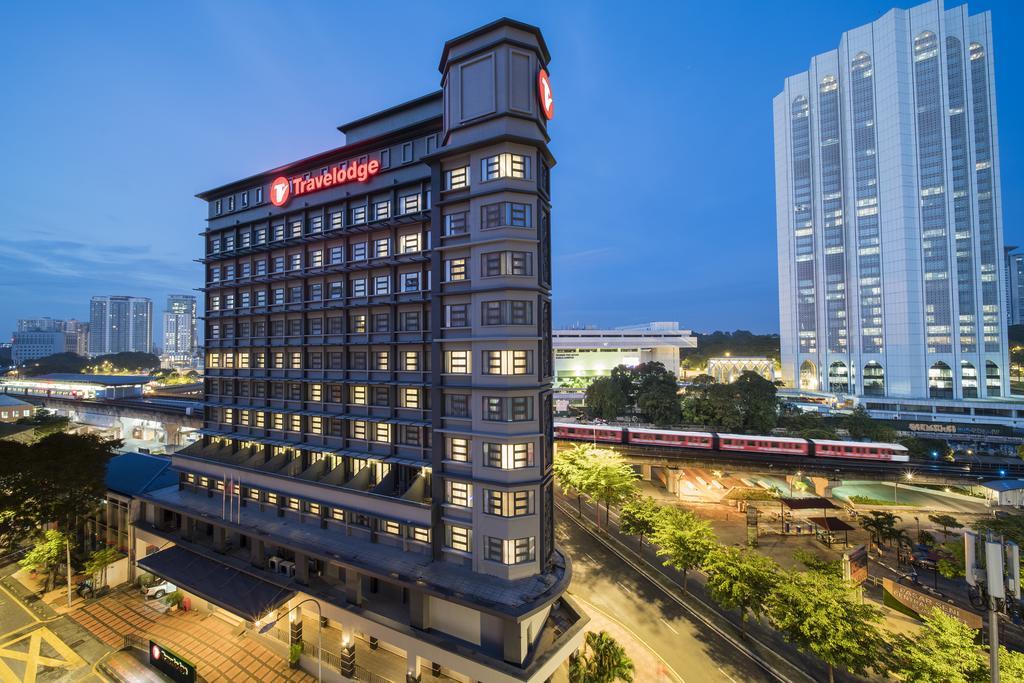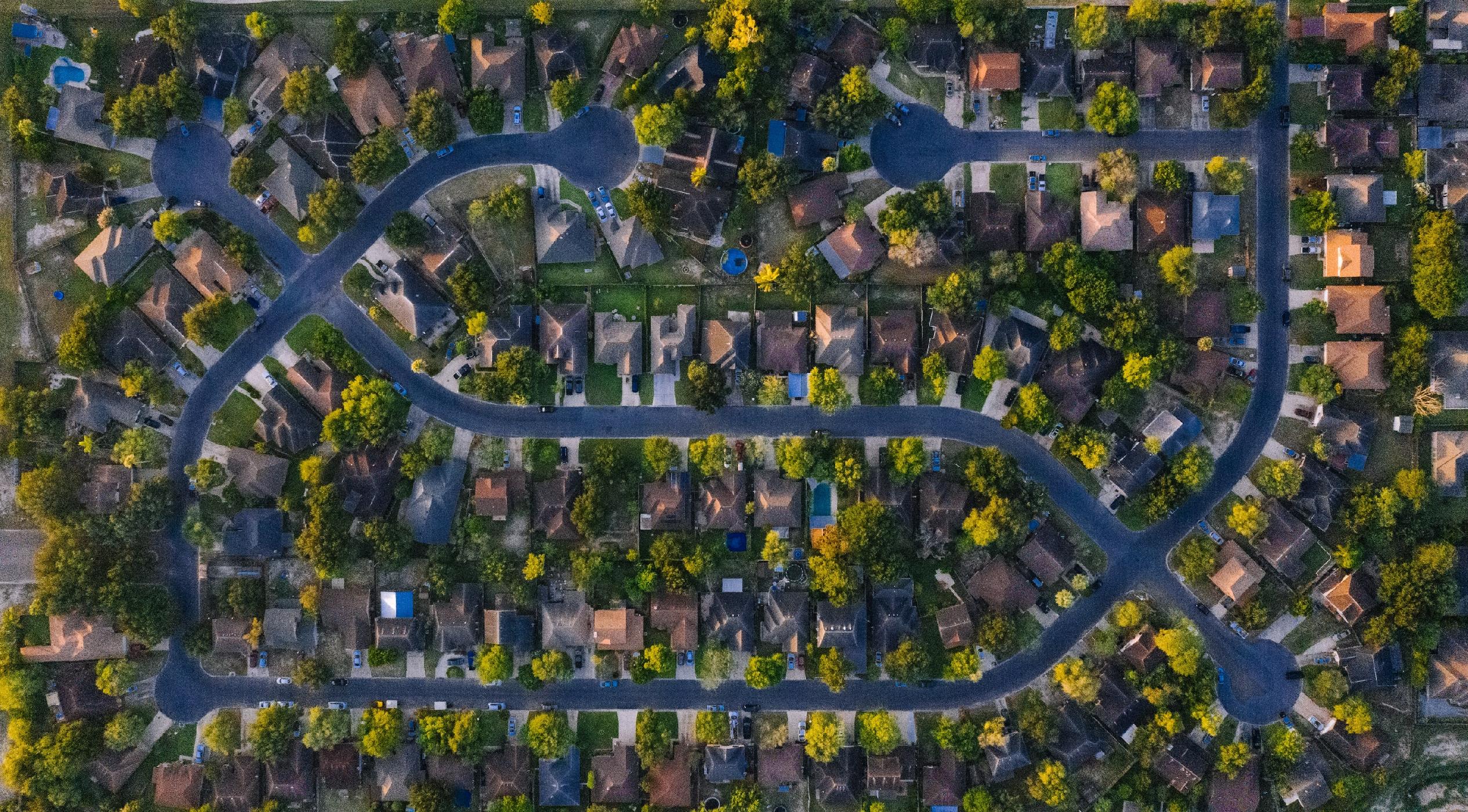The government is expected to allocate between RM6 billion and RM10 billion to buy over the Kampung (Kg) Baru land from its owners as part of an effort to resolve the area's redevelopment plan which has been stalled for over a decade.
Federal Territories Minister Khalid Abdul Samad said land acquisition would be the best way forward as current efforts by Kg Baru Development Corp (KBDC), the main mediator for the project, did not seem to produce the desired result.
"The old mechanism, with both residents and developers trying to work together in developing their own plots, will not spur progress for the entire area and produce the best results for the Kg Baru redevelopment," he told a press conference in Putrajaya.
Currently, KBDC is facilitating the redevelopment joint ventures which involve some 5,000 landlords who own 1,355 lots and various property developers. Under the mechanism, each and every owner will have to work with property developers, should they find any potential and viable development on their land through plot amalgamation.
Khalid said a new proposed framework — which combines the existing "Kg Baru Detailed Development Master Plan" launched in 2015, and several previous blueprints — is expected to give a better picture to the government to reboot the long-awaited project. The new masterplan is expected to detail the types of offers available for the landowners, including a fair combination of cash and "in kind" offerings like home units.
"It depends on the negotiations between us and the residents — but the worst-case scenario, if all of them want purely cash instead of housing units, we need approximately between RM6 billion and RM10 billion to fund this land acquisition," Khalid said.
He added that the financing mechanism will be determined by this year, which may include municipal bond, which could be issued by the local government to finance public projects such as what has been practised in Japan, Europe and the US.
The original Kg Baru Redevelopment Blueprint is a 20-year project that includes the construction of 17,500 residential units to accommodate up to 77,000 people with an estimated cost of RM43 billion.
The whole project involves a 121.41ha plot of land and is expected to be completed by 2035. KBDC was tasked to focus on the development of the Malay Agriculture Settlement plot as the Malay agriculture reserve land, which covers around 89ha or 80% of the total land area.
"The valuation would have taken into account the preservation of the Malay land title, so the price might not satisfy the owners. That's why we need to discuss with them further," Khalid said.
It is believed that the land in Kg Baru is valued at around RM500 to RM800 per sq ft. In January, The Malaysian Reserve reported that KBDC conducted a fresh survey of Kg Baru landlords and residents.
In the report, KBDC CEO Zulkurnain Hassan said the survey gauged more than 20% of the total number of participants which were deemed sufficient to represent the voice of Kg Baru residents.
Khalid said from the total survey, more than 80% of respondents have agreed to sell their land to the government and drive the Kg Baru transformation. He said the issue is targeted to be resolved within five years, as Kg Baru is an important area within the city that should not be neglected.
"If we allow that to happen, it would turn into a slum area. It would be disgraceful to show to the tourists that there is a Malay enclave that looks like a squatters area in the heart of the city centre."
"The owners are actually millionaires, but they cannot even enjoy the benefits from the high value of the land," he said. On a separate note, Khalid said the review of Kuala Lumpur City Hall (DBKL) dubious land deal saved RM481 million in public funds. DBKL earned the amount in cash and land refundable value after it reviewed the 97 questionable land transactions, of which 14 were cancelled, 15 renegotiated and five litigated before reaching out-of-court settlements.
Some of the 20 transactions are still being investigated, while the remaining cases will resume as planned earlier.

.jpeg)

.jpg)

.jpg)




.jpeg)

